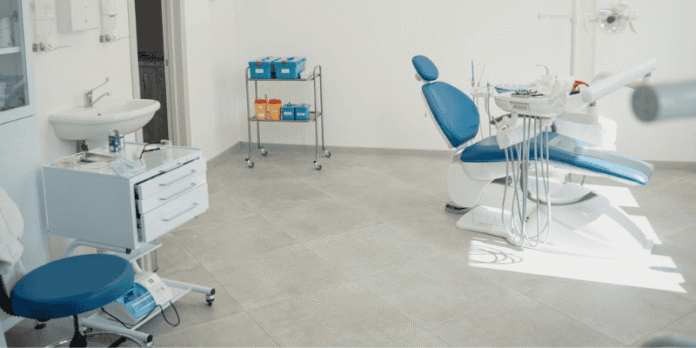Maintaining personal hygiene is an essential part of preserving dignity, preventing infection, and improving quality of life, particularly for elderly individuals and those with limited mobility. For patients who rely on carers or support staff for hygiene routines, the right equipment can make a significant difference. Among the most critical features of such equipment is adjustability. Whether in a home care setting or healthcare facility, adjustable hygiene aids enhance comfort, promote safety, and support effective caregiving.
Enhancing Carer Safety and Ergonomics
One of the main benefits of adjustable hygiene equipment is the reduced physical strain it offers to caregivers. Tasks such as transferring, lifting, or manoeuvring patients can place considerable stress on the body, often leading to musculoskeletal injuries, particularly when carers are forced into awkward postures or repetitive movements. In fact, one study highlights that most formal and informal caregivers involved in patient repositioning experience high levels of physical strain and musculoskeletal discomfort.
Adjustable systems, such as shower trolleys or commodes, allow carers to set equipment to a suitable height, reducing the need to bend or reach excessively. Equipment that adapts to the carer’s working height helps mitigate these risks and supports a more sustainable caregiving routine, especially in aged care environments where assistance is often required multiple times a day.
Read More:
- Why More People Are Ditching the Gym for Home Setups
- How GPs Can Identify and Support Patients with Anxiety and Depression
- A Busy Patient’s Guide To Get The Best Results With Dental Veneers
- Hidden Wounds: How Underdiagnosed Trauma Fuels Substance Abuse – and How Virtual IOP Can Help
Improving Patient Comfort and Dignity
For the patient, adjustable hygiene equipment promotes a sense of dignity and comfort. Many elderly individuals experience reduced skin integrity, limited mobility, or balance issues, making them vulnerable during hygiene activities. Adjustable features can accommodate individual needs—such as preferred positioning or support levels—offering a less intimidating and more personalised experience.
Patients are less likely to feel helpless or exposed when they are moved gently and securely with equipment tailored to their body size, mobility level, or health condition. For example, being able to slightly tilt or raise a trolley or chair may make all the difference in reducing anxiety or discomfort during routine washes or toileting.
Adapting to Varied Needs Across Settings
Care environments, whether domestic homes, hospitals, or residential aged care facilities, require versatile solutions. A single piece of hygiene equipment may be used by several different patients or residents, all with unique needs. Adjustability ensures that the same device can serve multiple users efficiently without compromising care quality or safety.
One widely used solution is the height-adjustable shower trolley, which enables caregivers to elevate or lower the platform as required, assisting with transfers, washing, and patient positioning. In many settings, equipment sourced through providers such as Safety and Mobility is selected specifically for its ability to meet the varying physical and functional demands of both carers and patients.
Supporting Infection Control and Hygiene Standards
Infection control is a fundamental concern in any care environment. Adjustable hygiene equipment often incorporates sealed castors, easy-drain systems, and anti-bacterial surfaces, making cleaning and disinfection more efficient. The ability to move and reposition equipment without manual lifting reduces the risk of cross-contamination between areas or patients.
Adjustable equipment also tends to encourage more consistent use of proper hygiene protocols. When equipment is easy to use and responsive to both patient and carer needs, hygiene tasks are more likely to be completed thoroughly, safely, and on schedule—key factors in preventing hospital-acquired infections and maintaining a safe care environment.
Why Adaptability Is No Longer Optional in Patient Care
Adjustable patient hygiene equipment plays a vital role in supporting both the caregiver and the individual receiving care. By prioritising flexibility, safety, and comfort, these tools help maintain dignity, prevent injury, and ensure high standards of hygiene are met across a wide range of care settings. As the needs of ageing populations continue to evolve, investing in adaptable hygiene solutions will remain essential for delivering respectful, effective care.

